
Celebrating the International Day of the Tropics—Towards a Better Global Future
Armed with appropriate training and investment, tropical countries will be able to leapfrog traditional development pathways towards a more sustainable future.

Cooperation for Science, Health and Security Needed to Counter COVID-19 Impacts on World Drug Challenges
The theme for World Drug Day 2021—“Share facts on drugs. Save lives” focuses on the power of facts and science to inform approaches to drugs, from individual decisions to effective health and security interventions and policies.

When Pushkin Comes to the Rescue: Multilingualism as a Principle for Harmonious Cooperation
This multilingual dedication to the genius of Russian literature marks Russian Language Day 2021, revealing the hope that Pushkin’s legacy will continue to bring people and nations together, while increasing interest in Russian history and culture.

The "Global Degree" Proposal: A New Institutional Model for Higher Education
The development of a Global Degree as a new educational structure and mode could address current inadequacies as countries and students confront new challenges. This new norm would help make learning more targeted, flexible, current and applicable.
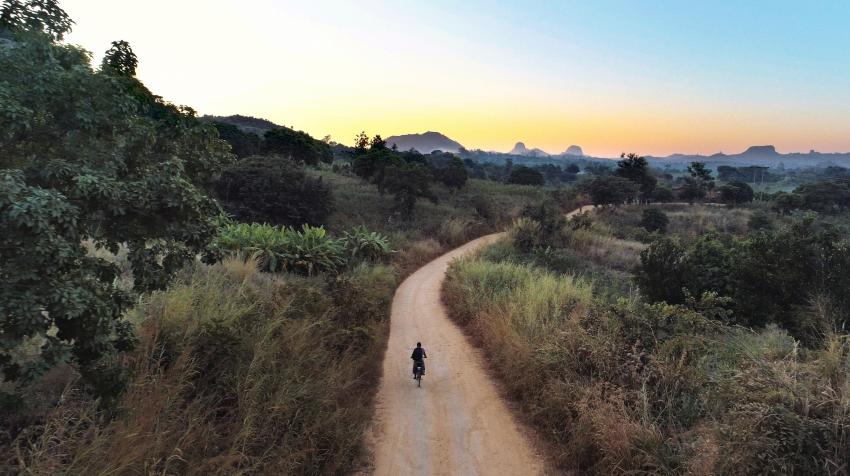
The Value of Cycling as an Accelerator of Sustainable Development
Bicycles could help nearly a billion people living in rural areas at risk of being left behind because education, healthcare, markets, and other critical services are simply out of reach.
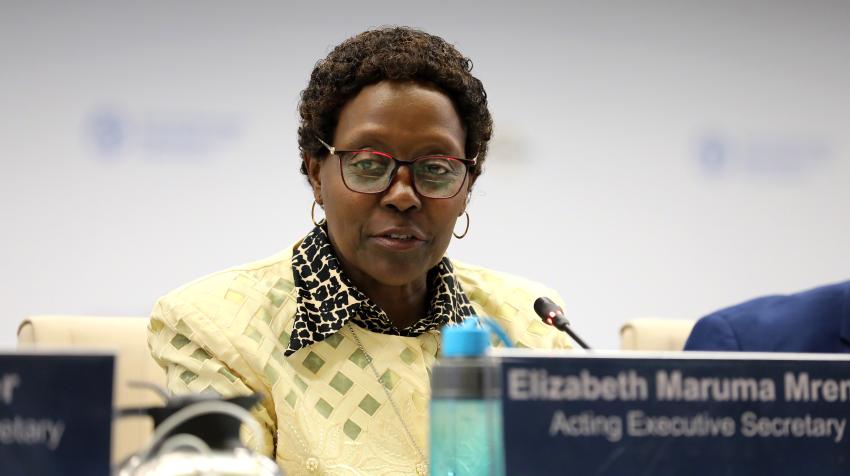
Biodiversity is Key to Building a Sustainable Future for All
The benefits and cost effectiveness of working with nature extends to other domains—including food and water security, and climate change. Fortunately, this is becoming better understood, as people start to realize the importance of biodiversity for their own health, well-being and prosperity.

The Role of the United Nations System in Improving Road Safety to Save Lives and Advance Sustainable Development
This article examines how the United Nations system is working to improve road safety throughout the world, and how safer roads can contribute to the achievement of the Sustainable Development Goals (SDGs) of the 2030 Agenda for Sustainable Development.

Road Deaths and Injuries Shatter Lives: The Impetus for Lower Speeds and Serious Post-Crash Response
Enforcement, investigation and legal response ought to become an integral part of road crash prevention work to finally achieve a shift from the current unacceptable carnage.

Humanism and Hope: The Legacy of Film Director Satyajit Ray
Individual struggle for the collective good was often a Ray leitmotif. As he once put it, “I too am an activist—as an artist. That’s my way.”

Reflections on 10 Years of International Jazz Day
By inviting everyone at all levels of society to participate and share their culture with the world through jazz, we recognize and give shape to their inherent dignity and equality.
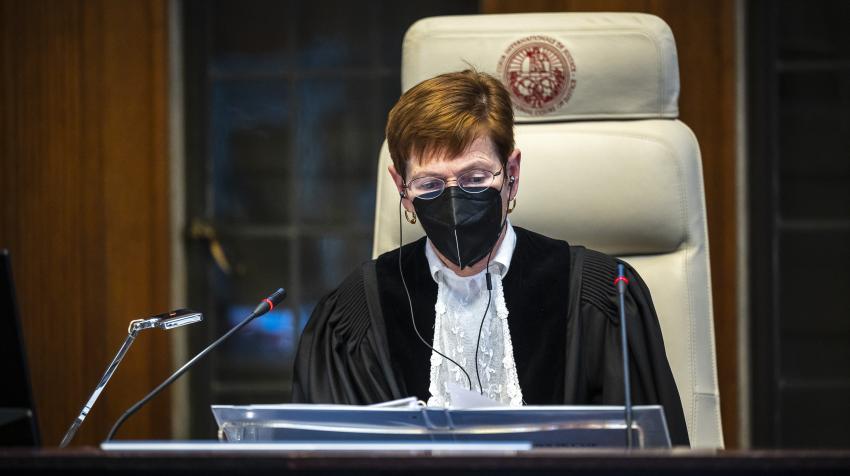
Reflections on the 75th Anniversary of the International Court of Justice
While there are many aspects of international law on which jurists of all stripes can be expected to agree, we must acknowledge that there is no single, homogenized answer to many legal questions that arise in international disputes.
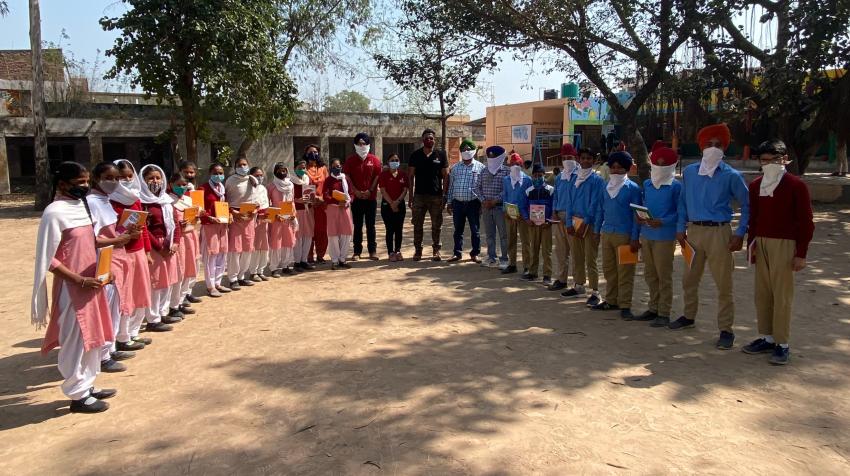
Managing Plastic Pollution: Could University Campuses Serve as Vectors of Change?
The Sustainable Development Goals, having evolved from the fundamental principle of “leave no one behind”, should follow the same principle in developing initiatives at the grass-roots level.
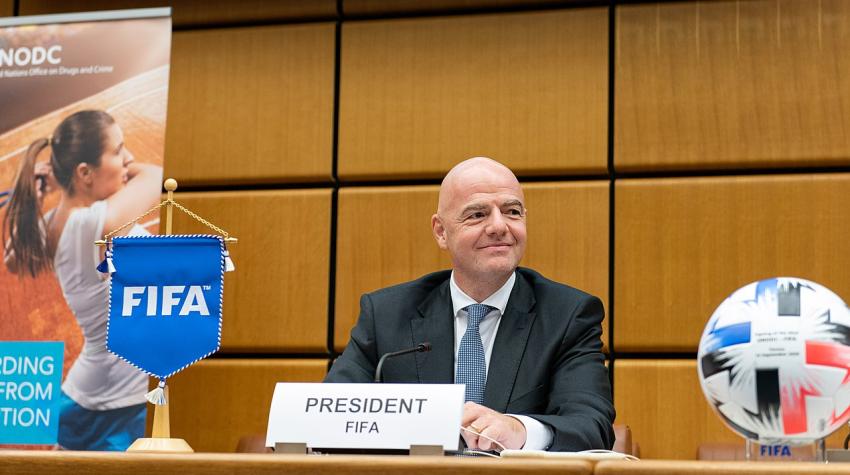
Sport Can Help the World Come Back Stronger
As it has done before, football, the most popular sport in the world, will play a central role in bringing communities together.

"Remembrance": A Poem by the United States Youth Poet Laureate
Poetry is slow and requires patience. It is not a luxury; it is meant for all. Claim poetry for yourself and know that if you choose to wield it, you may well change the world.

Forest Restoration: A Path to Recovery and Well-Being
The United Nations Decade on Ecosystem Restoration provides an opportunity to galvanize support for the restoration of degraded forest landscapes on a massive scale, thereby increasing ecological resilience and productivity, and contributing to many of the SDGs.
